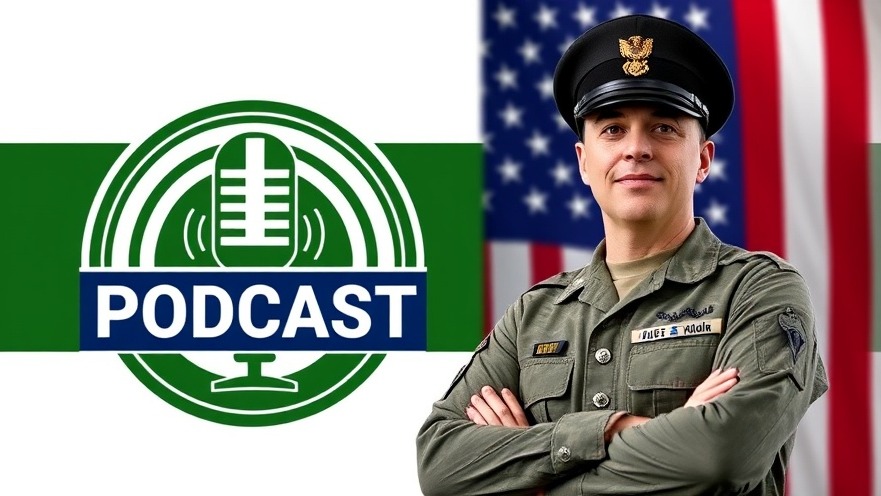
Understanding the Paradigm Shift: Trade-offs Over Balance
In the high-stakes world of military leadership, the notion of balance has often been touted as the ultimate objective. However, Lieutenant General Mary K. Izaguirre's insights challenge this paradigm, proposing that the cornerstone of effective leadership lies not in balance but in making strategic trade-offs. Her philosophy stems from years of navigating complex operational environments, where leaders must prioritize and make tough decisions that can impact lives and mission outcomes.
The Leadership Lessons from General Izaguirre's Career
General Izaguirre’s trajectory in the military showcases the importance of adaptability and the calculated balancing act of priorities. As she navigated varying roles—from serving as a commander in critical missions to mentoring future leaders—she learned that trade-offs are foundational in both military and corporate settings. This approach resonates deeply with both active military personnel and corporate leaders seeking to foster innovation and resilience within their teams.
Correlating Military Leadership to Corporate Success
One of General Izaguirre's key messages is that military leadership principles can greatly enhance corporate strategy. The agility in decision-making, the emphasis on team cohesion, and the profound understanding of human behavior play vital roles in both arenas. Business leaders can draw on the effective conflict resolution strategies honed in the battlefield to guide their teams through corporate challenges, ensuring measured responses in environments that demand quick but informed actions.
Diverse Perspectives: Balancing Personal and Professional Life
While General Izaguirre emphasizes trade-offs, this approach isn’t limited to professional decisions; it extends into our personal lives as well. The struggles of active-duty service members and their families often mirror those in the business world, where choices have significant repercussions. Understanding the need for trade-offs allows military families to navigate the complexities of deployment, career advancement, and maintaining family bonds. This dual understanding enriches both personal fulfillment and professional effectiveness.
Real-Life Applications of Trade-Off Models
Implementing General Izaguirre's trade-off philosophy can manifest in various actionable insights. For instance, prioritizing time management and delegation helps leaders focus on what truly matters, whether in a high-pressure military context or a competitive corporate environment. By adopting a strategic mindset that embraces trade-offs, leaders can cultivate resilience, applying lessons learned from military heroism into daily operations.
Fostering Courage and Bravery: Lessons in Valor
The stories of valor within the military are a testament to the strength of trade-offs in decision-making. Accounts of heroic acts in Iraq and Afghanistan illustrate how leaders faced life-and-death situations, weighing risks and benefits continuously. General Izaguirre embodies this principle of courage, demonstrating how prioritizing the mission above personal comfort can lead to extraordinary outcomes. These narratives inspire both military and civilian leaders, showcasing the profound impact of courageous decision-making.
Inspiring Future Leaders with Military Heritage
Engaging the next generation of leaders requires a culture that honors military heritage and the sacrifices made by veterans. By understanding the trade-offs inherent in military leadership, aspiring leaders can draw inspiration from veteran stories of courage and resilience. Education programs and mentorship initiatives can cultivate a new breed of leaders who are prepared to face challenges head-on, armed with insights from the battlefield.
As we reflect on General Izaguirre’s leadership journey, it becomes clear that the essence of leadership is derived from the strategic choices we make. Rather than striving for an elusive balance, leaders in every field can achieve greater success through a thoughtful approach to trade-offs that leverages both military discipline and real-world wisdom. This balance, or rather the strategy of trade-offs, can transform how we lead ourselves, our teams, and the communities we serve.
Embrace the lessons from military leaders and begin applying them to your journey of leadership today. The trade-offs you make form the foundation of your success, honoring both personal and professional commitments.
 Add Row
Add Row  Add
Add 




Write A Comment